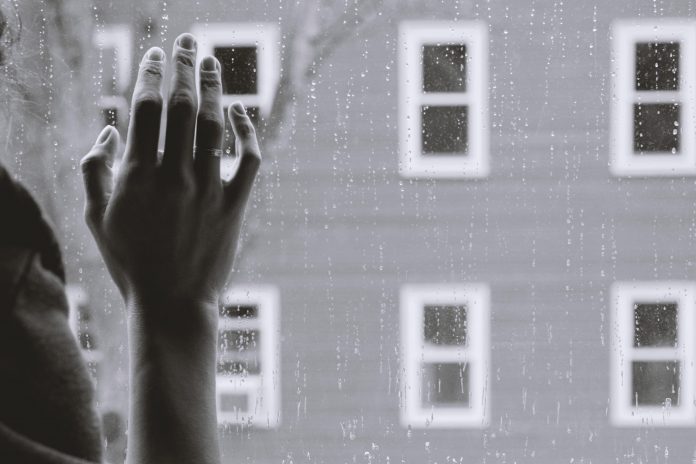The coronavirus pandemic wrought massive disruption on people’s lives around the world.
Besides the spread of an unknown and unpredictable virus that sickened thousands in Romania and caused more than 1,600 deaths, the lockdown shut public spaces, separated families, battered the economy and saw quarantines and wartime hospital triage.
It is little surprise that the rapid and large-scale changes caused anxiety and stress among Romanians, and people coped with the new reality in different ways.
During the two-month state of emergency, free hotlines that were set up to help people deal with the situation were flooded with callers.
„People called because they were having panic attacks, or they were depressed or feeling more anxious than usual,” said Nicoleta Larisa Albert, a psychologist and head of the Proacta EDU Association told Agerpres.
“Fear of getting ill, a fear that there wouldn’t be enough hospital beds, fear of losing their jobs, fear of a loss of living standards, and a fear that life would never go back to the way it was before,” were other fears, Albert added.
The Department for Emergency Situations and the Proacta EDU Association said there were 1,600 calls with respondents engaged in 11,000 minutes, or 183 hours of conversation.
Children also reached out during the pandemic, the Child’s Telephone Association said.
„There were a lot of instances were children were sad, they were depressed, and even had suicidal thoughts,” said Catalina Surcel, the association’s executive director.
“It wasn’t easy for them to adapt to online learning, and many had difficulty assimilating knowledge and were fearful about the exams,” she said.
With people forced to stay at home except for grocery shopping and medical emergencies, police said there were more reports of domestic violence compared to the same period in 2019.
„There were less reports of crime, but we had a 2% increase in threats made and 1% increase in acts of domestic violence, said Angela Chirvasuta, spokeswoman for the Police General Inspectorate told Agerpres national news agency.
The Aliat Clinic which works with people who are substance abuse problems, said that drinking went up during confinement.
„A lot of people consumed (alcohol) so they could get to sleep, or to calm their anxieties or out of boredom or to compensate for the fact that they couldn’t go out like before. In general, alcohol consumption increases in any social crisis,” said Eugen Hriscu, a psychiatrist and medical coordinator of the Aliat Clinic.




















